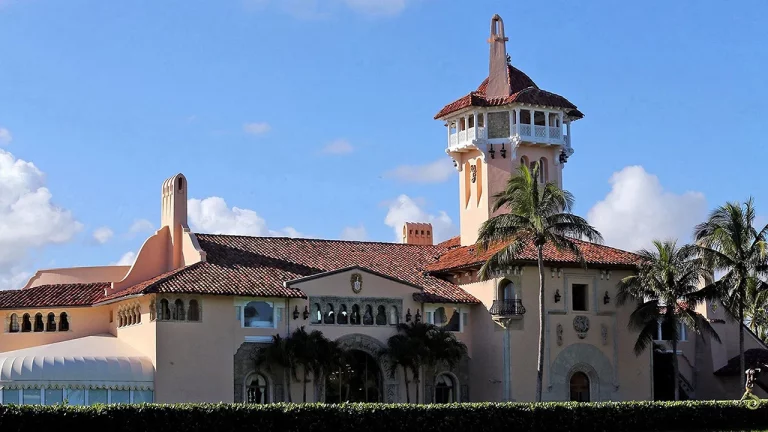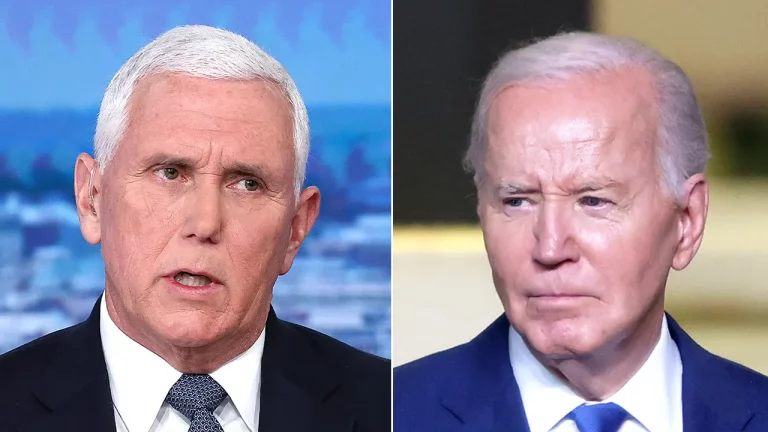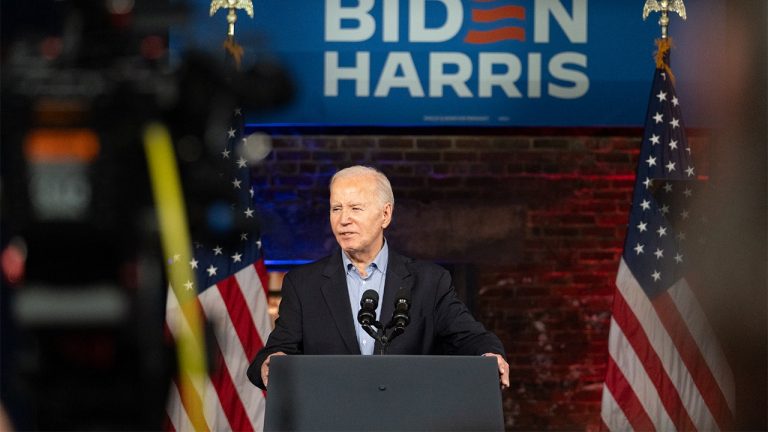Rural residents dislike Gov Walz’s liberal policies, compare state to California
Rural Minnesotans are expressing their dissatisfaction with Democrat Gov. Tim Walz’s policies, which they believe have been detrimental to their communities over the years.
Matthew A., a Minnesota resident and farmer raising corn and soybeans with his family, stated that Walz has “done very little to help rural Minnesota.”
According to Matthew, Walz once referred to rural residents as “rocks and cows,” highlighting what he perceives as a lack of empathy and support from the governor. Furthermore, Matthew criticized Walz’s response to the civil unrest that occurred in 2020, suggesting that the governor’s inaction reflected a lack of integrity.
Another Minnesotan, Dan Fedders, described the pairing of Harris and Walz as “very liberal,” expressing skepticism about their chances in state politics. Fedders shared his belief that Walz’s policies align closely with those of Vice President Harris, implying that such progressive stances may not resonate with the majority of Minnesota’s population.
A local resident who chose to remain anonymous echoed the sentiment of disappointment with Gov. Walz, describing him as a “disaster for Minnesota.” This resident criticized what they perceived as Walz’s disregard for rural communities and questioned the governor’s fiscal responsibility.
Similarly, a farmer and restaurant owner, also opting for anonymity, asserted that Walz’s tenure had been more damaging than beneficial for the state. They claimed that the governor’s actions had negatively impacted Minnesota’s agricultural sector and overall economic well-being.
One event that highlighted the divide between rural residents and Gov. Walz was Farmfest, known as the largest gathering of farmers and agriculturalists in the state. The governor’s focus on sustainability and biofuels, though receiving national recognition, seemed at odds with the priorities of many rural Minnesotans engaged in traditional farming practices.
Governor Walz, who has held office since 2019, faces a growing wave of criticism from rural constituents who feel neglected and at odds with his policy decisions.








